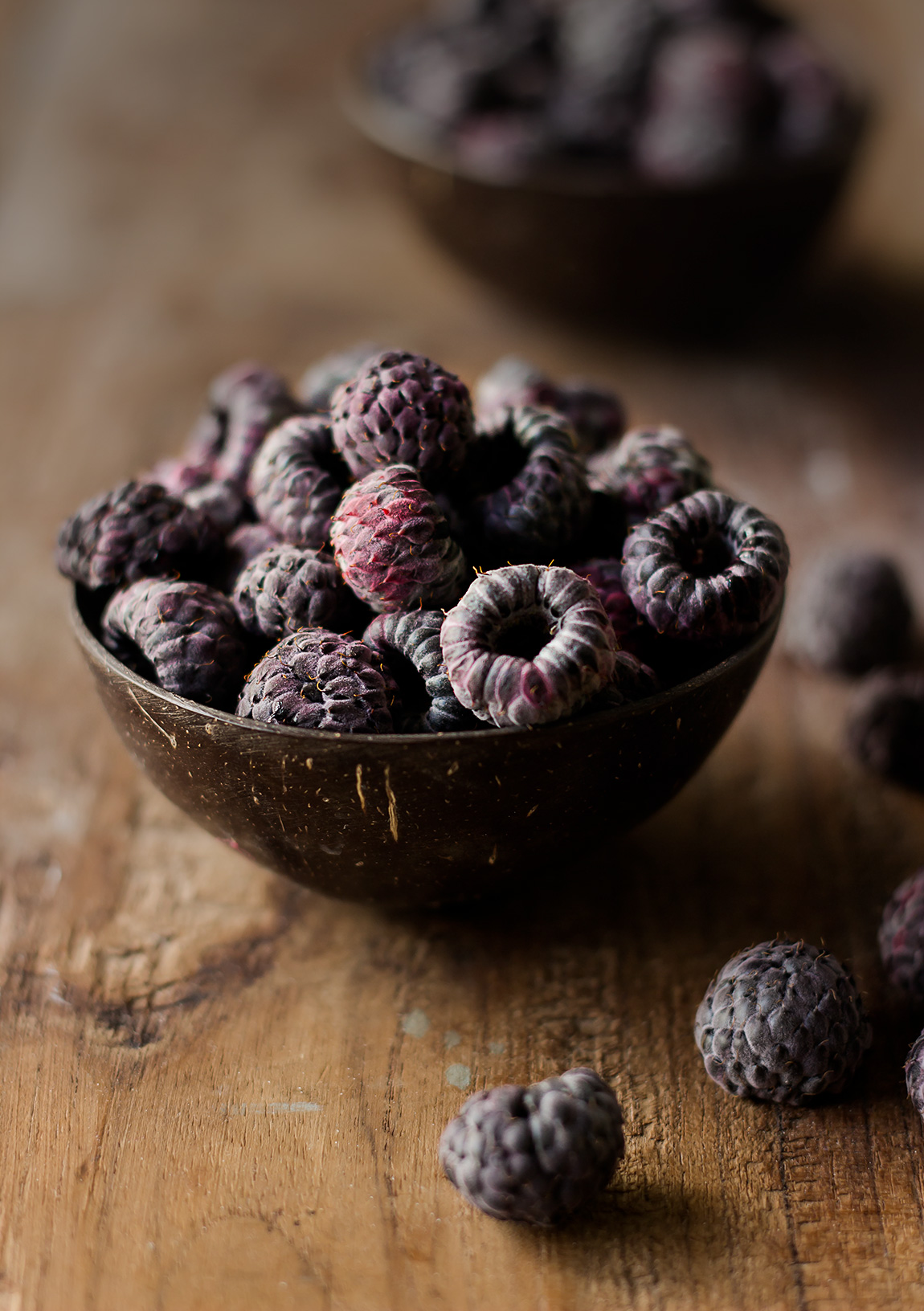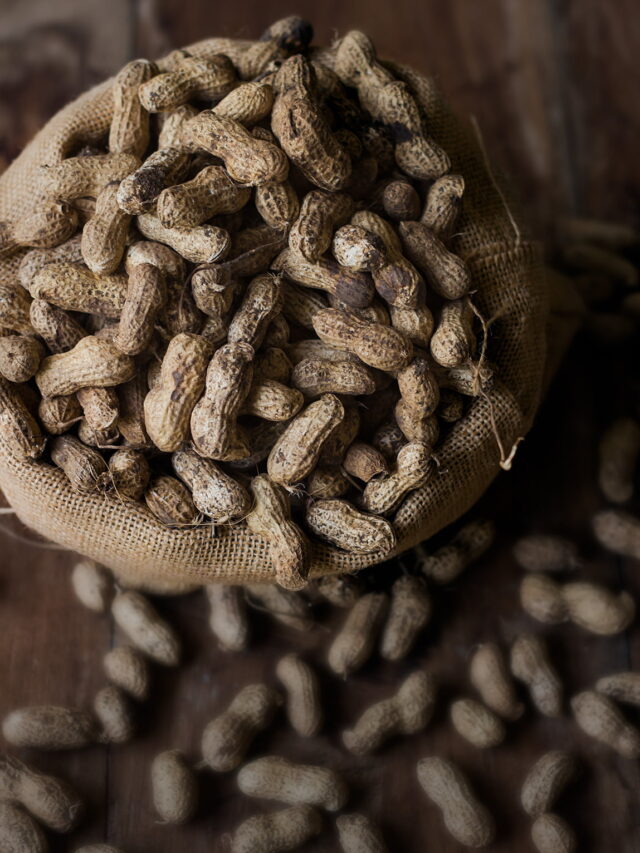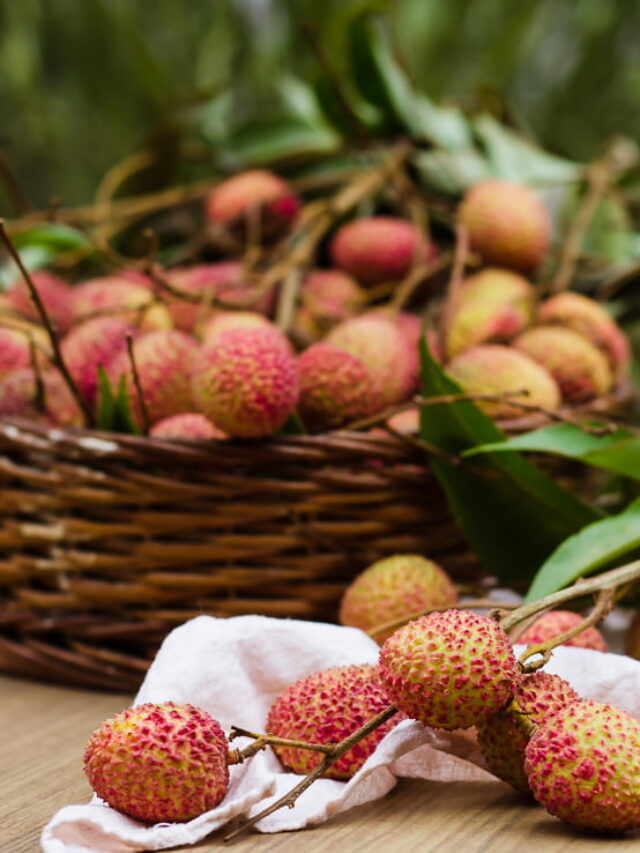Raspberries are a type of fruit that belongs to the rose family. They are known for their bright red color and sweet-tart flavor and are often used in baking, jams, and desserts. Raspberries are high in fiber and vitamin C and also contain antioxidants and other beneficial nutrients. They are a popular fruit in many parts of the world and are often enjoyed fresh or frozen, as well as in various culinary applications. Raspberries can also be grown in home gardens and are relatively easy to cultivate with the right care and attention.
How does it look?
Raspberries are small, round fruits that typically range in color from bright red to deep purple, depending on the variety. They are made up of many small, juicy drupelets that are arranged around a central hollow core. The drupelets are attached to a small stem and are covered in tiny hairs that give the fruit a slightly fuzzy texture. Raspberries are generally quite delicate and can be easily damaged or crushed, which is why they are often sold in small containers or clamshells to protect them during transport.
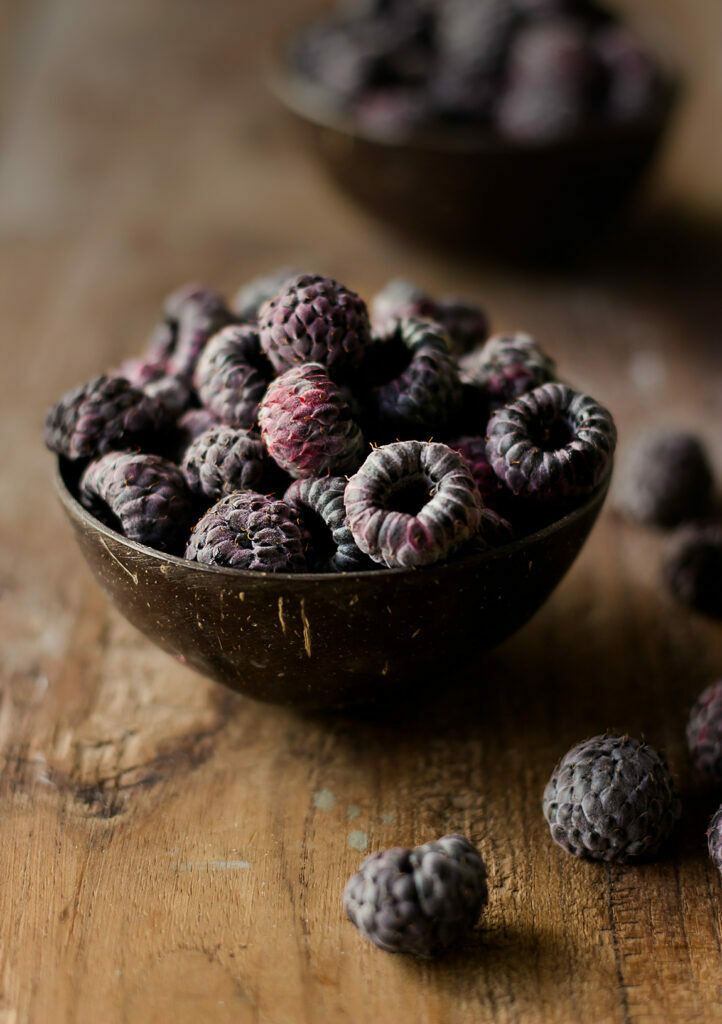
What is the best season to grow raspberries?
The best season to grow raspberries depends on the specific variety of raspberries and the climate in which you are growing them. Generally speaking, raspberries are best grown in cooler climates with moderate temperatures and plenty of rainfall.
In the United States, for example, raspberry plants are typically planted in early spring (March to April) or late fall (September to November), depending on the climate zone. In areas with mild winters and cool summers, raspberries can be planted in the fall and will begin to bear fruit the following summer. In colder climates with harsh winters, raspberries are typically planted in the spring and will bear fruit in the late summer or fall.
It is also important to note that different varieties of raspberries have different growing requirements and may have specific seasons during which they thrive. It is a good idea to research the specific variety of raspberries you are interested in growing to determine the best season and growing conditions for that particular type of plant.
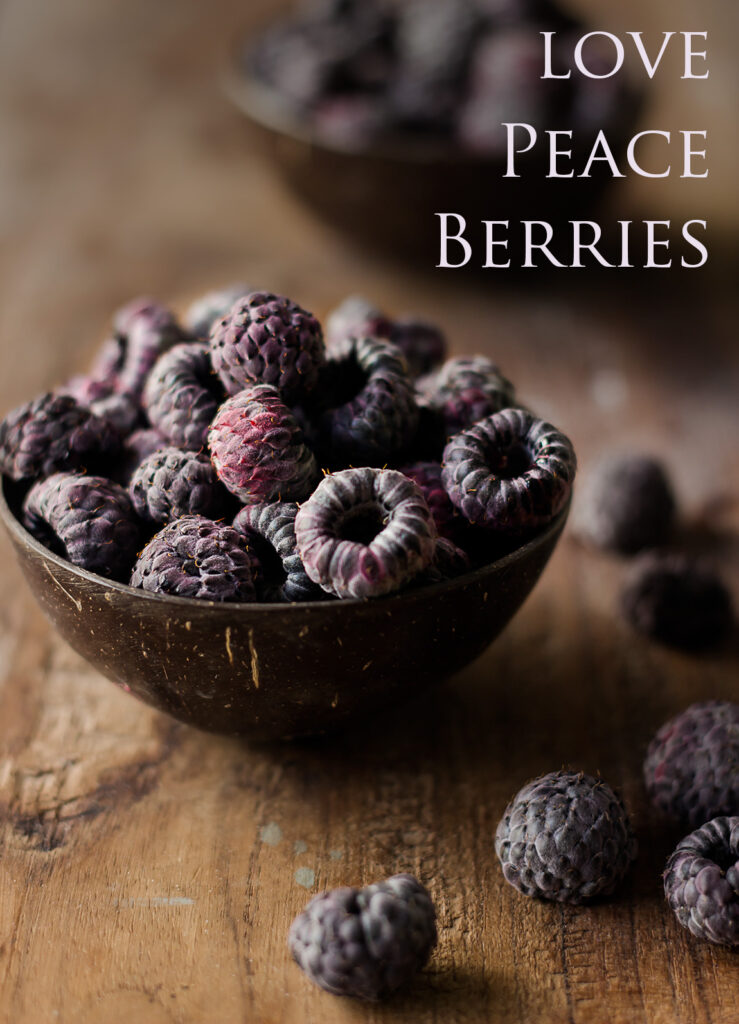
Benefits of raspberries
Raspberries are a nutritious and delicious fruit that offer a wide range of health benefits. Here are some of the potential benefits of including raspberries in your diet:
- Rich in nutrients: Raspberries are low in calories but high in fiber, vitamin C, vitamin K, manganese, and antioxidants.
- Ideal in weight management: The high fiber and low-calorie content of raspberries may help promote weight loss and healthy weight management.
- Improve digestion: The fiber in raspberries can help improve digestion and relieve constipation.
- Lower inflammation: The antioxidants in raspberries may help lower inflammation in the body, which can contribute to a variety of chronic diseases.
- Reduce the risk of heart disease: The fiber, antioxidants, and other nutrients in raspberries may help lower cholesterol levels and reduce the risk of heart disease.
- Support healthy blood sugar levels: Raspberries have a low glycemic index and may help regulate blood sugar levels.
- Improve brain function: The antioxidants in raspberries may help improve cognitive function and reduce the risk of age-related cognitive decline.
Overall, raspberries are a delicious and nutritious fruit that can be easily incorporated into a healthy diet to help support overall health and wellness.
Shelf life of raspberries
Raspberries are delicate fruit and have a relatively short shelf life compared to other fruits. The shelf life of raspberries depends on several factors, including the ripeness of the fruit, the temperature at which they are stored, and the level of humidity in the storage environment.
In general, raspberries can last for up to 2-3 days when stored in the refrigerator at a temperature of around 32-36°F (0-2°C) and high humidity. It is important to handle raspberries gently and avoid crushing or bruising them, as this can cause them to spoil more quickly.
To extend the shelf life of raspberries, you can rinse them gently with cool water and store them in an airtight container lined with paper towels to absorb excess moisture. You can also freeze raspberries to extend their shelf life for several months. To freeze raspberries, simply spread them out on a baking sheet and place them in the freezer until frozen, then transfer them to a resealable freezer bag or container.
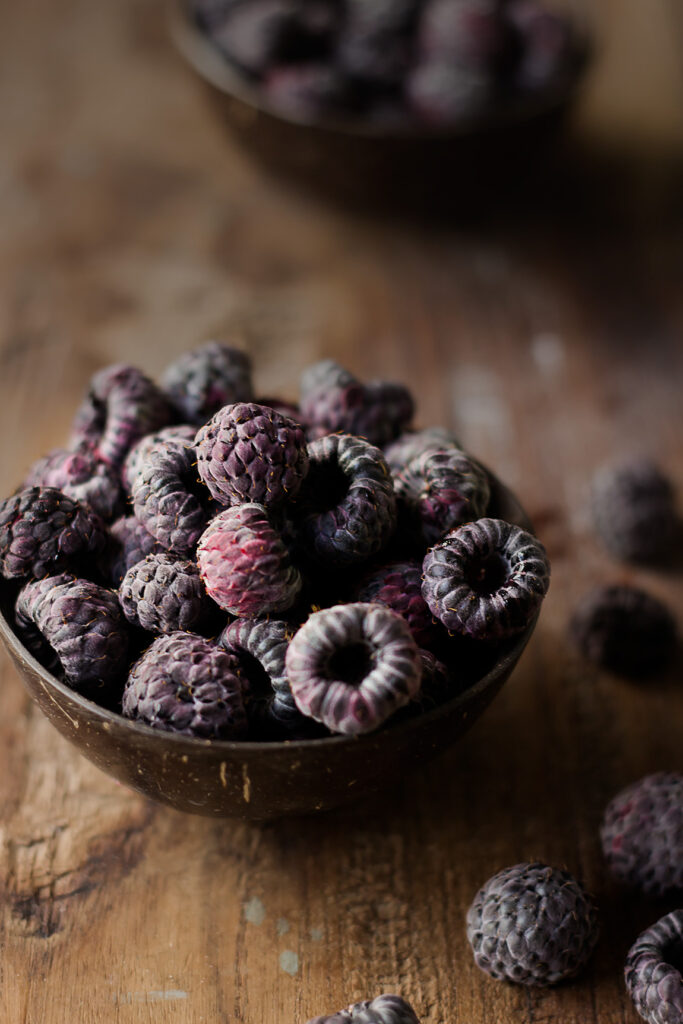
What ayurveda says about raspberries?
While raspberries are not specifically mentioned in traditional Ayurvedic texts, they are generally considered to be a healthy and beneficial fruit that can be incorporated into a balanced Ayurvedic diet.
Raspberries are believed to have a number of health benefits, including improving digestion, supporting healthy blood sugar levels, and promoting healthy skin. They are also considered to be a good source of antioxidants and other beneficial nutrients that can help prevent disease and promote overall health and wellness.

